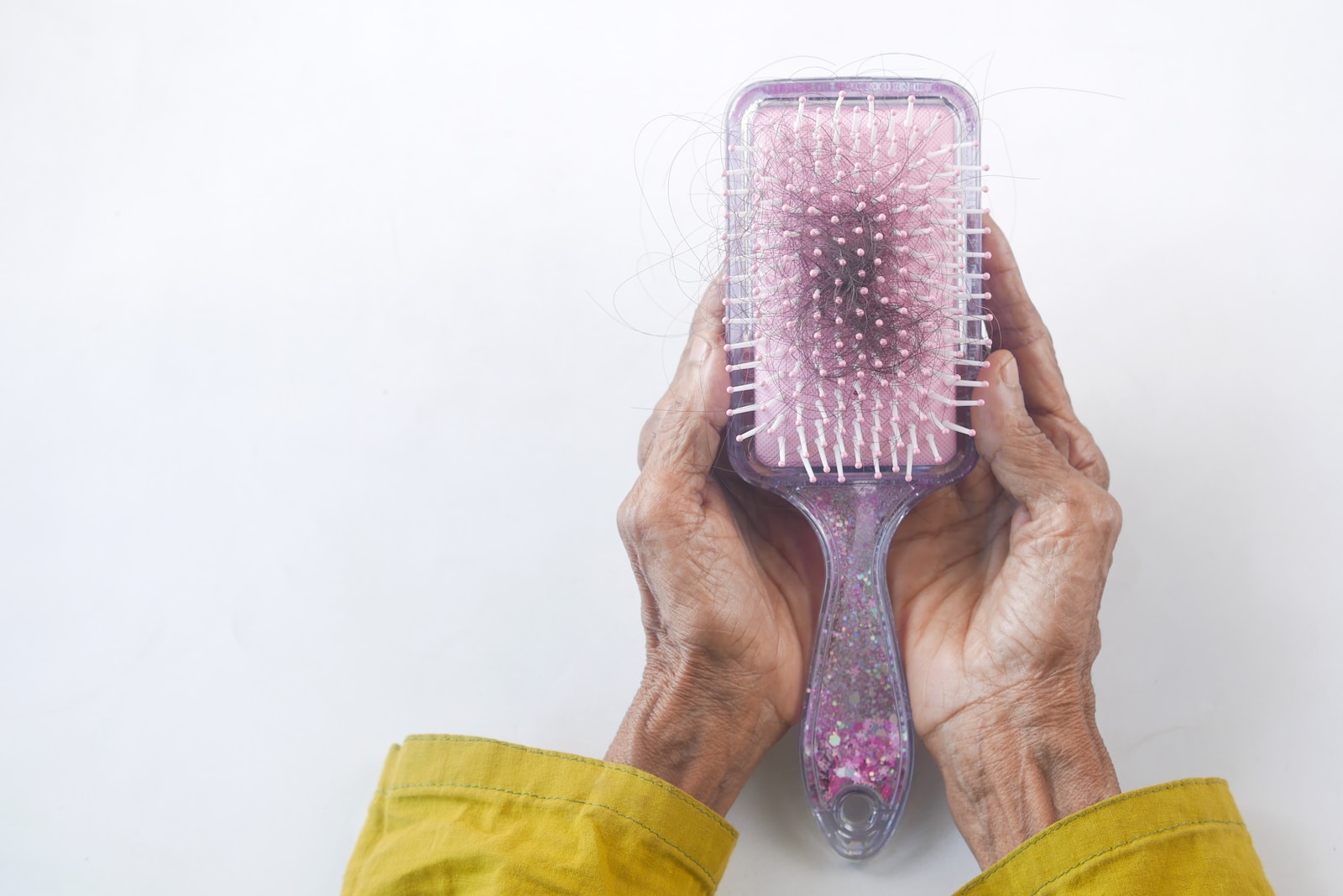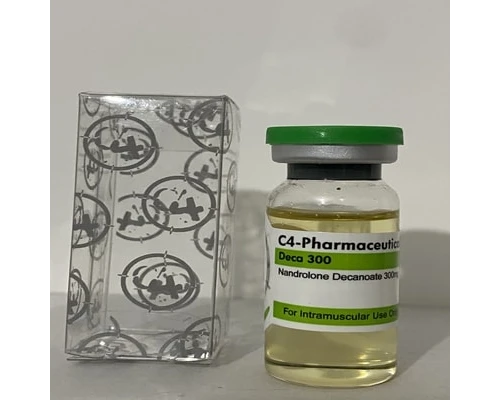When it comes to anabolic steroids, one of the most common concerns among users is the potential for hair loss. Nandrolone Phenylpropionate, commonly known as NPP, is a popular steroid for muscle growth and strength gains. However, there are many misconceptions and myths surrounding its impact on hair loss. In this article, we will separate fact from fiction regarding the relationship between NPP steroid and hair loss.
Understanding Hair Loss Mechanism
Before delving into NPP steroids, it is crucial to grasp how hair loss occurs. The primary cause of hair loss in both men and women is a hormone called dihydrotestosterone (DHT). DHT is formed from testosterone in the body, and it binds to androgen receptors in the scalp follicles, leading to hair miniaturization and ultimately hair loss.
Does NPP Convert to DHT?
Contrary to popular belief, NPP does not directly convert to DHT in the body. Instead, it undergoes a different type of conversion. NPP is converted into dihydronandrolone (DHN). DHN is a much weaker androgen compared to DHT and has a lesser tendency to bind to androgen receptors in the scalp. This means that NPP usage may have a lower propensity to cause hair loss compared to other steroids that directly convert to DHT.
Combating Hair Loss with NPP
While NPP may not directly convert to DHT, it is important to note that individual genetics play a significant role in hair loss. If you are genetically predisposed to hair loss, regardless of the steroid used, the risk of experiencing hair loss is higher. However, there are ways to minimize the impact of NPP on hair loss:
1. Use DHT Blockers
Even though NPP does not directly convert to DHT, using DHT blockers can help preserve hair health. DHT-blocking products such as finasteride or minoxidil can prevent the conversion of testosterone to DHT, reducing the likelihood of hair loss. It is essential to consult with a medical professional before incorporating these products into your routine.
2. Monitor Dosage and Duration
Overuse or misuse of any steroid can have adverse effects on the body, including hair loss. To minimize the risk, it is crucial to follow the recommended dosage and cycle duration for NPP. Taking breaks between cycles and avoiding excessively high doses can help maintain hair health.
3. Utilize Hair Care Products
Incorporating hair care products that promote scalp health can be beneficial when using NPP. Products containing ketoconazole, caffeine, or biotin can nourish the hair follicles, preventing potential damage and promoting hair growth.
Understanding the Individual Response
It is essential to understand that everyone’s body chemistry and genetic predispositions are unique, which means that the response to NPP and its impact on hair loss can vary between individuals. While some may experience minimal to no hair loss while using NPP, others might notice accelerated hair loss. This highlights the importance of monitoring and assessing individual responses to the steroid.
Conclusion
NPP steroids and hair loss have been excessively debated, often leading to misconceptions and unfounded claims. While NPP does not directly convert to DHT, a hormone known for its role in hair loss, individual genetic factors and overall steroid usage still play a significant role in hair health. By understanding these factors, considering DHT blockers, monitoring dosage, and utilizing appropriate hair care products, users can reduce the potential risk of hair loss associated with NPP steroid usage. Remember, it is always vital to consult with a healthcare professional for personalized advice and guidance when incorporating anabolic steroids into your fitness regimen.




